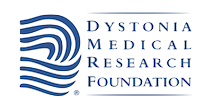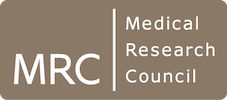
Welsh Movement Disorders Research Network
Move WALES
For people with myoclonus-dystonia
We are developing a worldwide registry of people with Myoclonus Dystonia. This will help give us a better idea of how many people are affected with this condition, as well as a better understanding of the disorder.
For people with dystonia
We are trying to gain a better understanding of the symptoms experienced by people with primary dystonia, and how this affects them on a day-to-day basis.
For people not affected with dystonia ("controls")
We are trying to gain a better understanding of the symptoms experienced by people with primary dystonia, and how this affects them on a day-to-day basis.
For both Myoclonus Dystonia and Dystonia, a better understanding of the movement (motor) and non-motor symptoms will help give us a better idea as to how these conditions affect everyday life. Non-motor symptoms include factors such as memory, mood, sleep, pain and quality of life. By comparing the information from people with Myoclonus Dystonia, Dystonia and those not affected by dystonia (controls), we hope that our study will improve the understanding of these conditions, and help find better treatments in the future.

